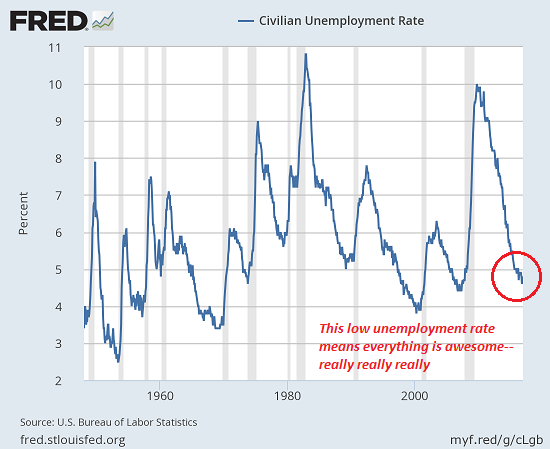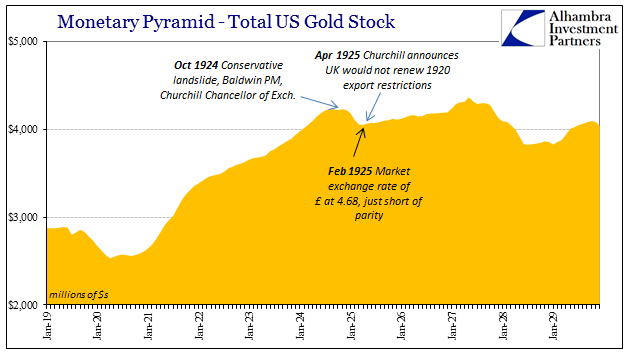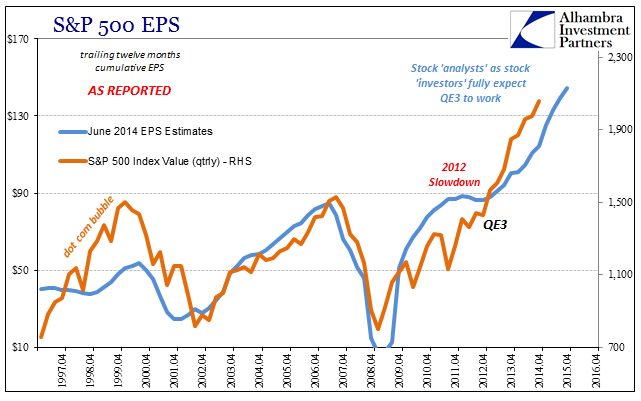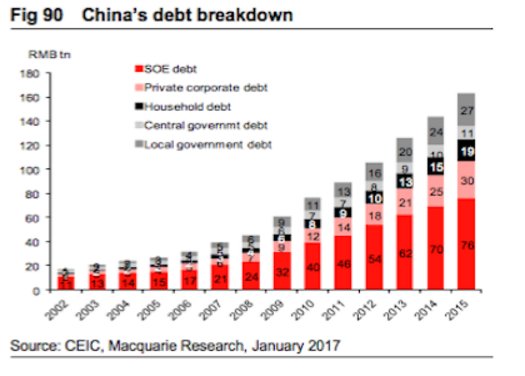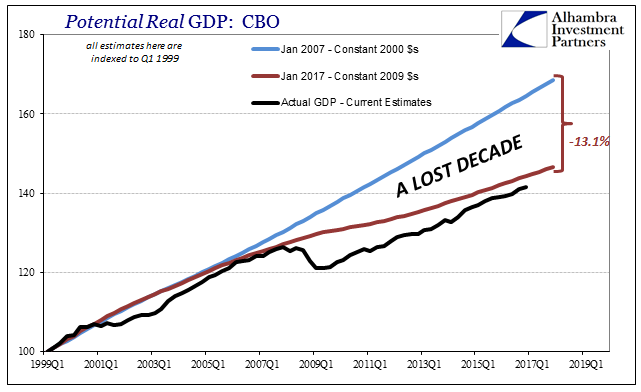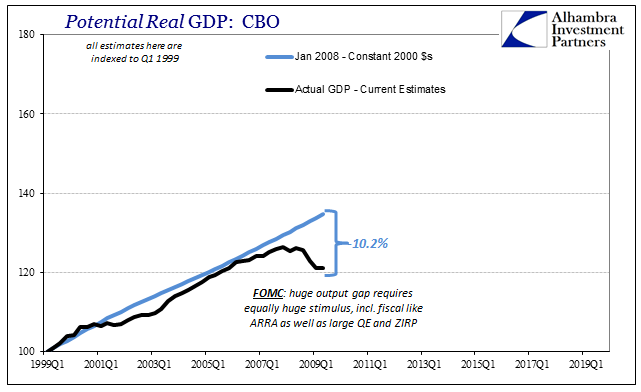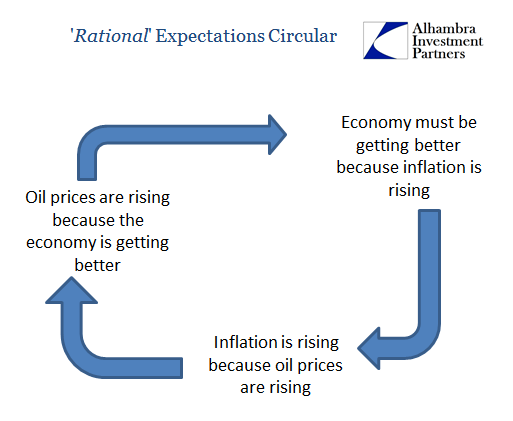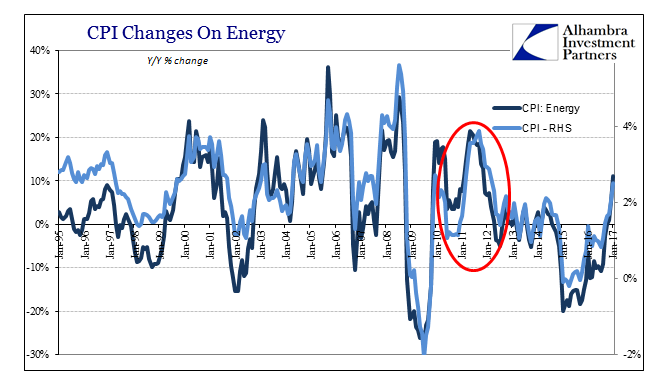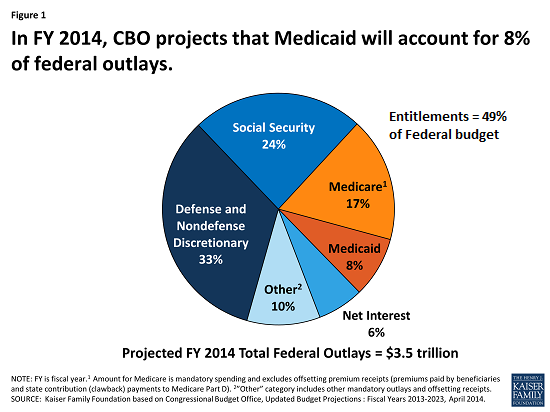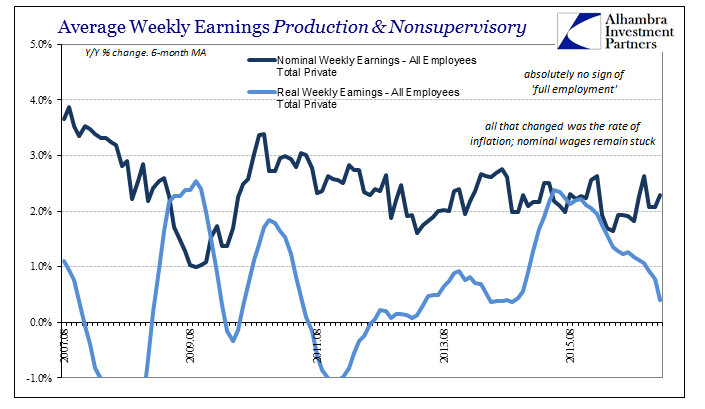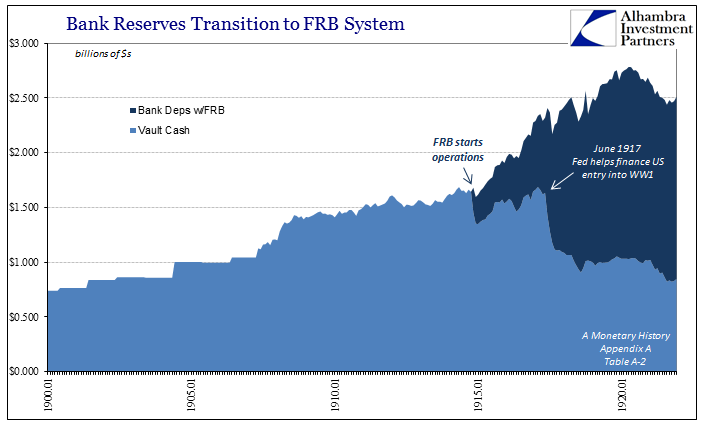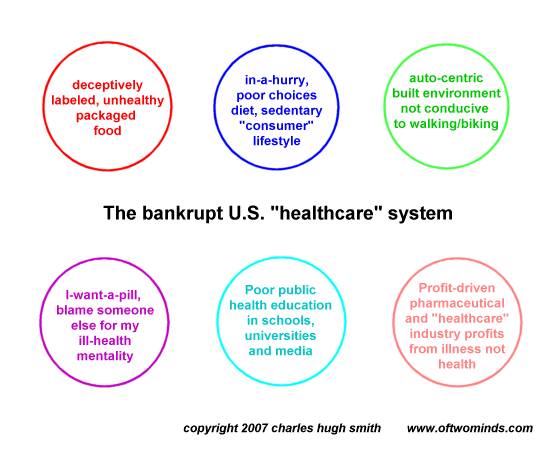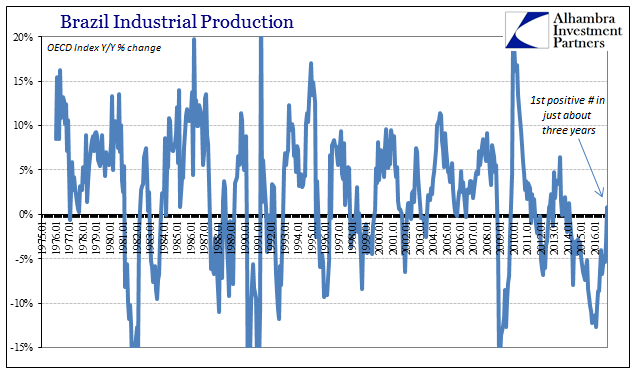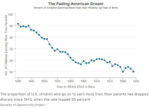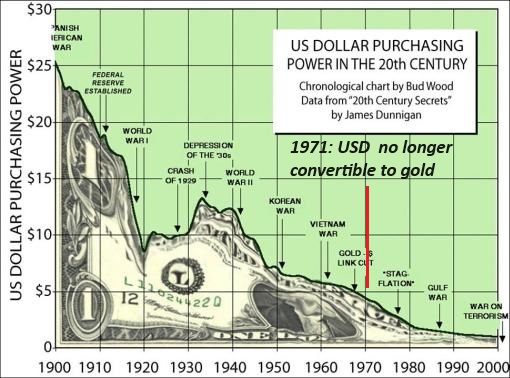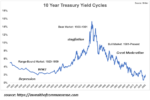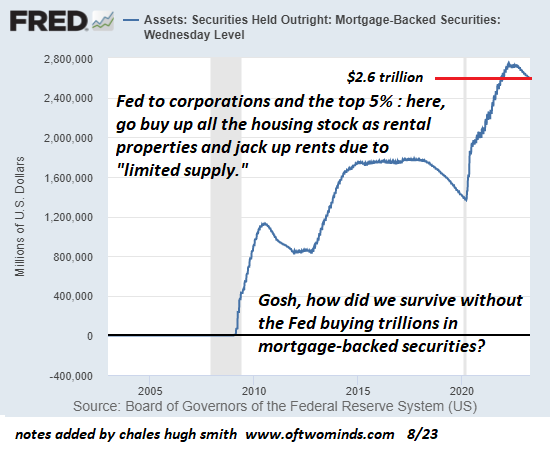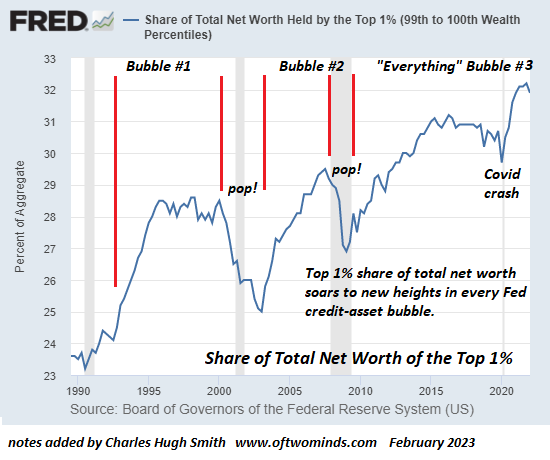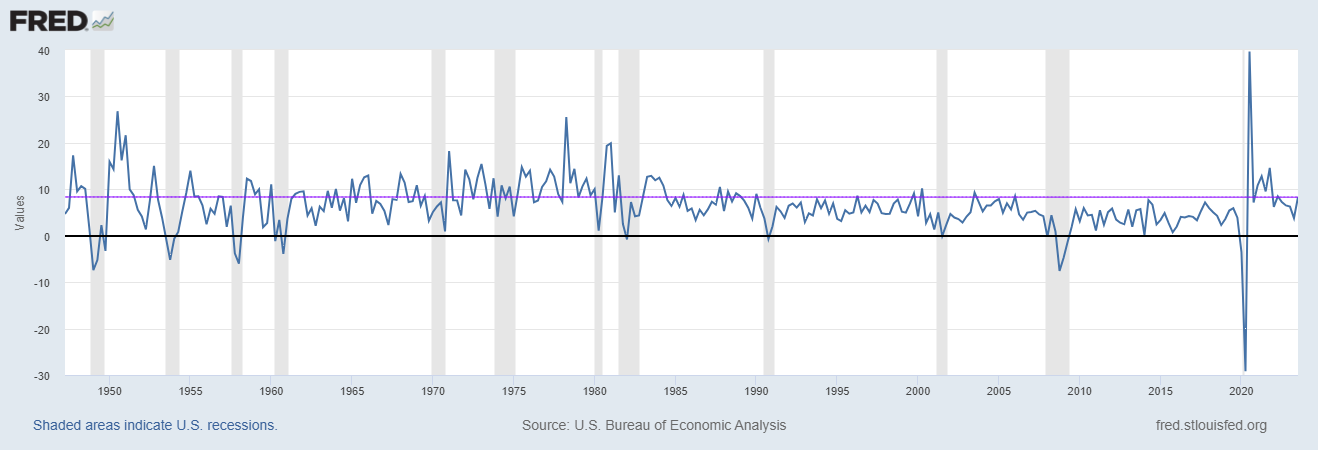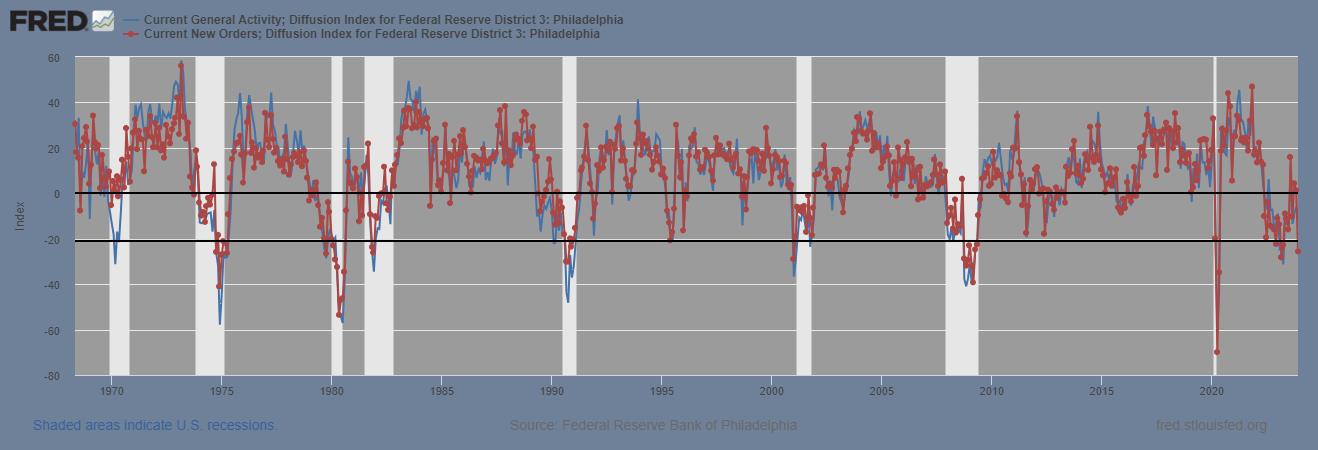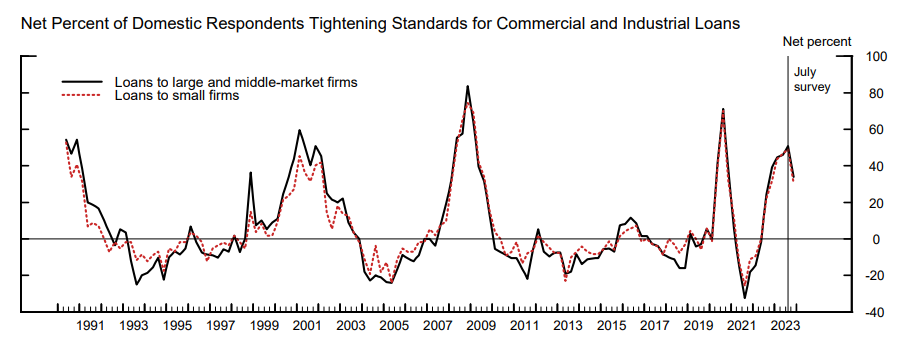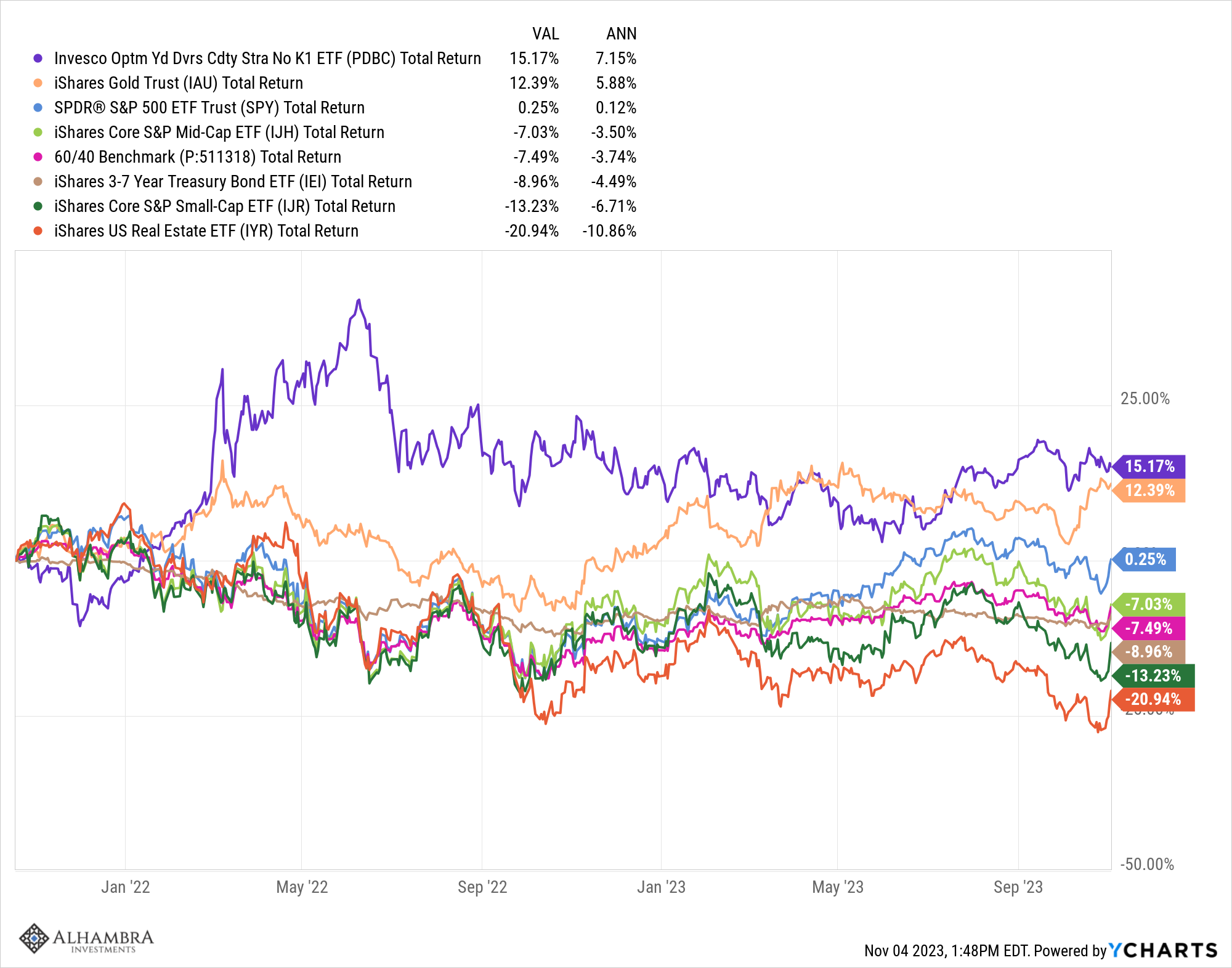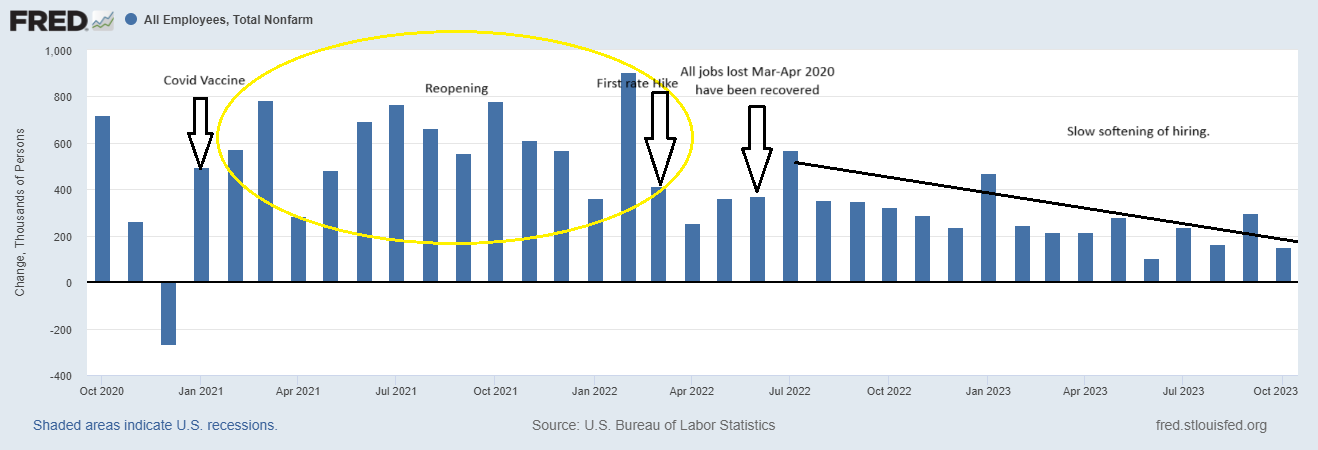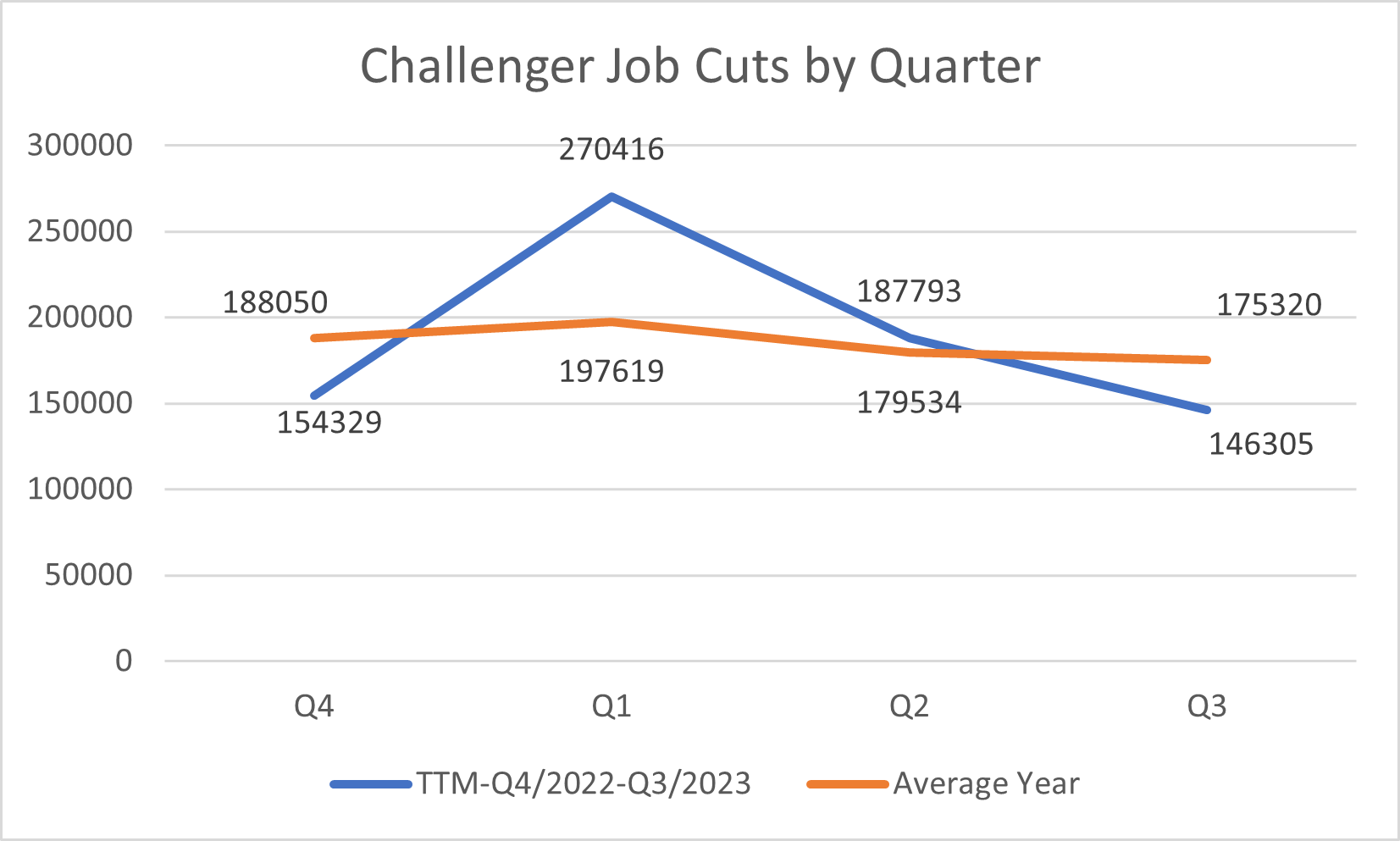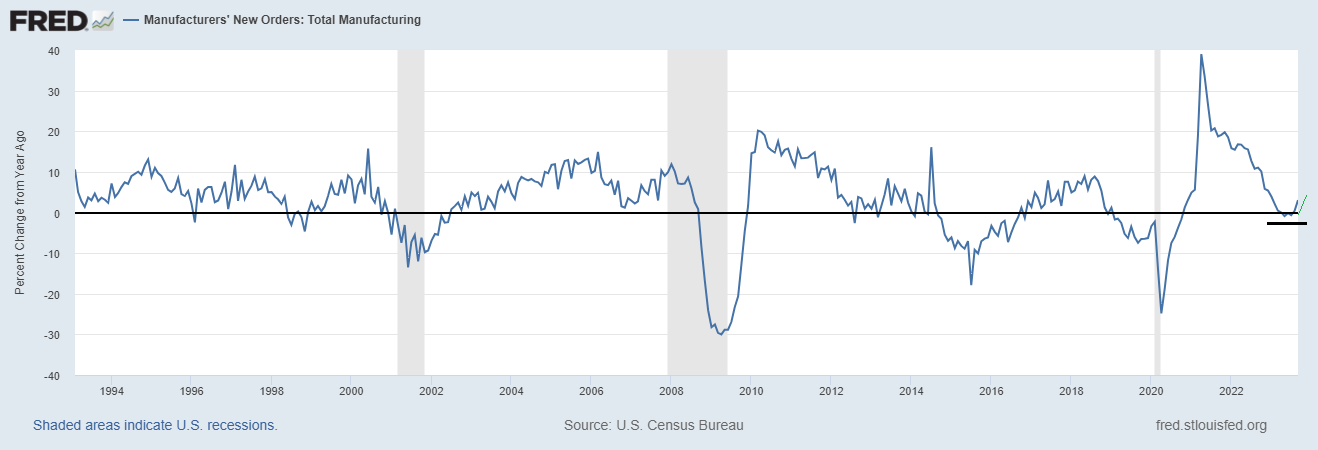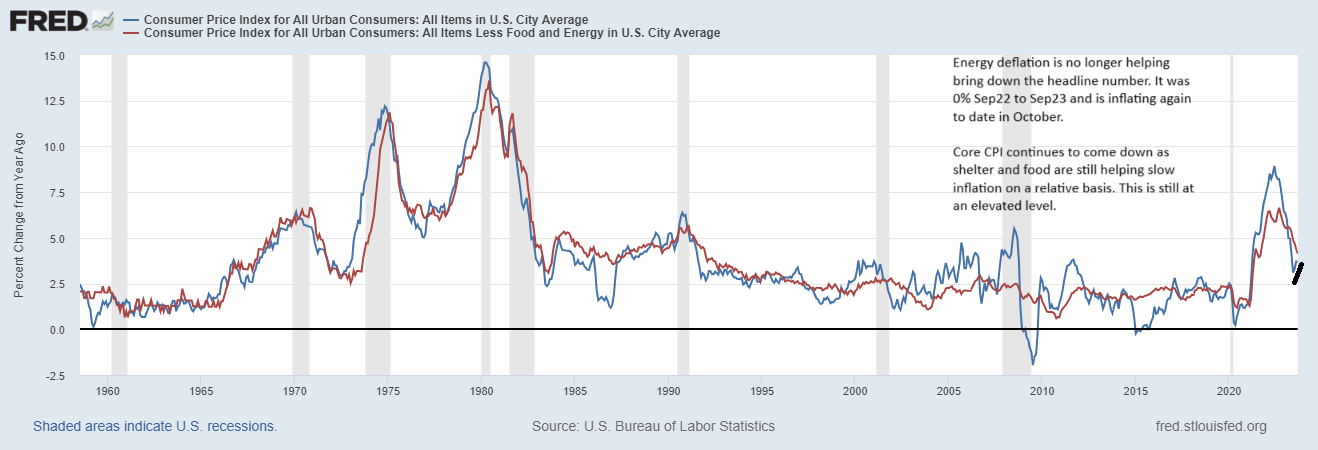Category Archive: 5) Global Macro

Emerging Markets: What has Changed
PBOC tweaked its process for determining the yuan reference rate. Singapore is reportedly studying measures to boost revenue, including higher taxes. Moody’s upgraded the outlook on Russia’s Ba1 rating from negative to stable. Nigerian President Buhari extended his stay abroad. Nigerian central bank tweaked its FX restrictions, but was aimed at retail demand. Brazil political risk is back on the table. Brazil’s central bank hinted at a faster pace...
Read More »
Read More »
There’s a Difference: Fake News and Junk News
The mainstream media continues peddling its "fake news" narrative like a desperate pusher whose junkies are dying from his toxic dope. It's slowly dawning on the media-consuming public that the MSM is the primary purveyor of "fake news"-- self-referential narratives that support a blatantly slanted agenda with unsupported accusations and suitably anonymous sources.
Read More »
Read More »
Not Recession, Systemic Rupture – Again
For the very few in the mainstream of economics who venture further back in history than October 1929, they typically still don’t go much last April 1925. And when they do, it is only to further bash the gold standard for its presumed role in creating the conditions for 1929. The Brits under guidance of Winston Churchill made a grave mistake, one from which gold advocates could never recover given what followed.
Read More »
Read More »
The Market Is Not The Economy, But Earnings Are (Closer)
My colleague Joe Calhoun likes to remind me that markets and fundamentals only sound like they should be related, an observation that is a correct one on so many different levels. Stock prices, in general, and GDP growth may seem to warrant some kind of expected correlation, but it has proven quite tenuous at times especially in a 21st century sense.
Read More »
Read More »
The Problem with Gold-Backed Currencies
Any currency is only truly "backed by gold" if it is convertible to gold. There is something intuitively appealing about the idea of a gold-backed currency --money backed by the tangible value of gold, i.e. "the gold standard." Instead of intrinsically worthless paper money (fiat currency), gold-backed money would have real, enduring value-it would be "hard currency", i.e. sound money, because it would be convertible to gold itself.
Read More »
Read More »
The Criminalization of Financial Independence
Just as the "war on drugs" criminalized and destroyed large swaths of African-American and Latino communities, the "war on cash" will further criminalize the few remaining avenues to financial independence and freedom. The introduction of "entitlement" welfare in the 1960s generated a toxic dependency on the state that institutionalized worklessness, a one-two punch that undermined marriage and family in America's working class of all ethnicities.
Read More »
Read More »
The Stinking Politics of It All
It is largely irrelevant, but still the political theater is fascinating. As is now standard operating procedure, whatever comes out of the Trump administration immediately is conferred as the standard for awful. This is not my own determination, mind you, but that of the mainstream, whatever that is these days. And so it is with the first set of budget figures that include very robust growth projections, a point of contention and an obvious one...
Read More »
Read More »
No Acceleration In Industry, Either
Industrial Production in the United States was flat in January 2017, following in December the first positive growth rate in over a year. The monthly estimates for IP are often subject to greater revisions than in other data series, so the figures for the latest month might change in the months ahead. Still, even with that in mind, there is no acceleration indicated for US industry.
Read More »
Read More »
Emerging Markets: Preview of the Week Ahead
EM FX ended last week on a soft note, as some risk off sentiment crept back into the markets. The dollar gained broadly on Friday despite lower US rates as bonds rallied, the yen gained and equities sold off. Markit PMI for February Tuesday and FOMC minutes Wednesday could give the markets some further clues regarding Fed policy.
Read More »
Read More »
Their Gap Is Closed, Ours Still Needs To Be
There are actually two parts to examining the orthodox treatment of the output gap. The first is the review, looking backward to trace how we got to this state. The second is looking forward trying to figure what it means to be here. One final rearward assessment is required so as to frame how we view what comes next. As I suggested earlier this week, the so-called output gap started at the trough of the Great “Recession” at around 10% of the CBO’s...
Read More »
Read More »
Emerging Markets: What has Changed
Head of Samsung Group Jay Y. Lee was formally arrested on allegations of bribery, perjury, and embezzlement. The assassination of Kim Jong Un’s half-brother suggests the political situation in North Korea may be heating up. The Polish central bank is tilting more hawkish. The Turkish central bank said it will allow domestic companies to use liras to repay export loans.
Read More »
Read More »
Why Aren’t Oil Prices $50 Ahead?
Right now there are two conventional propositions behind the “reflation” trade, and in many ways both are highly related if not fully intertwined. The first is that interest rates have nowhere to go but up. The Fed is raising rates again and seems more confident in doing more this year than it wanted to last year. With nominal rates already rising in the last half of 2016, and with more (surveyed) optimism than even 2014, it may at times seem the...
Read More »
Read More »
U.S. CPI after the energy push
The Consumer Price Index for January 2017 rose 2.5%, pulled upward by its energy component which thanks to oil prices now being comparing to the absolutely lows last year saw that part of the index rise 11.1% year-over-year. Given that oil prices bottomed out on February 11, 2016, this is the last month where oil prices and thus energy inflation will be at its most extreme (except, of course, should WTI actually rise between now and the end of...
Read More »
Read More »
This Is How the Status Quo Unravels: As the Pie Shrinks, Everybody Demands Their Piece Should Get Bigger
The politics of the past 70 years was all about horsetrading who got what share of the growing pie: the "pie" being cheap energy, government revenues and consumption, sales and profits. Horsetrading over a growing pie is basically fun. There's always a little increase left for the losers, so there is a reason for everyone to cooperate in a broad political consensus.
Read More »
Read More »
Bi-Weekly Economic Review
The economic data since my last update has improved somewhat. It isn’t across the board and it isn’t huge but it must be acknowledged. As usual though there are positives and negatives, just with a slight emphasis on positive right now. Interestingly, the bond market has not responded to these slightly more positive readings with nominal and real yields almost exactly where they were in the last update 3 weeks ago. In other words, there’s no reason...
Read More »
Read More »
Real Wages Really Inconsistent
Real average weekly earnings for the private sector fell 0.6% year-over-year in January. It was the first contraction since December 2013 and the sharpest since October 2012. The reason for it is very simple; nominal wages remain stubbornly stagnant but now a rising CPI subtracts even more from them.
Read More »
Read More »
A New Frame Of Reference Is Really All That Is Necessary To Start With
In the middle of 1919, the United States was beset by a great many imbalances. Having just conducted a wartime economy, almost everything before then had been absorbed by the World War I effort. With fiscal restraint subsumed by national emergency, inflation was the central condition. Given that the Federal Reserve was by then merely a few years old, no one was quite sure what to do about it.
Read More »
Read More »
Want to Bring Back Jobs? It’s Impossible Unless We Fix these Four Things
It's your choice, America--you can keep your cartels and the captured government that enables and protects them, or you can fix what's broken and unaffordable. If there is any goal that might attract support from across the political spectrum, it's creating more fulltime jobs in the U.S. But this laudable goal is dead-on-arrival (DOA) unless we first fix these four things. Why is job growth stagnating? Many point to automation, and yes, that is a...
Read More »
Read More »
Brazil: Continuing Problems
The cruelest part, perhaps, of this economic condition globally is how it plays against type. In all prior cycles, economies of all kinds and orientations all over the globe would go into recession and then bounce right of it once at the bottom. It was often difficult to see the bottom, of course, but once recovery happened there was no arguing against it.
Read More »
Read More »










